In this interview, we talk to Stefano Umberto Menini, an Italian Satellite and Ground Segment Engineer with a passion for space exploration and travel. Stefano shares his insights on the use of satellite navigation technology in travel, how it has made travel safer and easier, and how it has affected our social interactions. He also talks about his biggest travel dream and how he sees the future of satellite navigation technology and travelling.
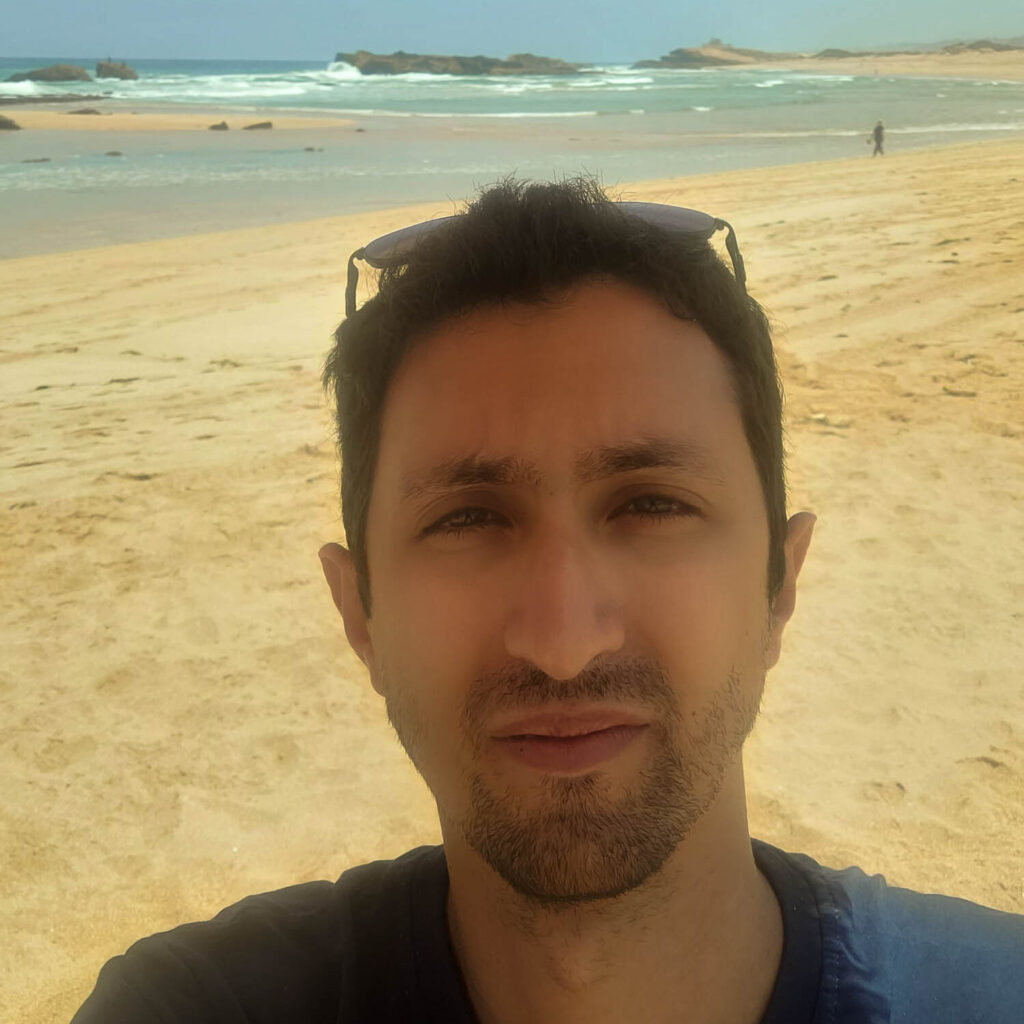
“…we also risk our freedom. Because when we orient ourselves on Maps, we don’t only receive data. We also send data about our location, which is available out there.”
— Stefano
Hi Stefano, can you tell us a bit about yourself and how you entered the space sector?
I’m Italian from Rome, with Cypriot origins. I have an international family background and speak many different languages at different levels. I love travelling the world.
Since I was a child, the universe has always fascinated me. It was my dream to be part of human and robotic missions to the moon and mars, in deep space and beyond. That’s why I studied aerospace engineering.
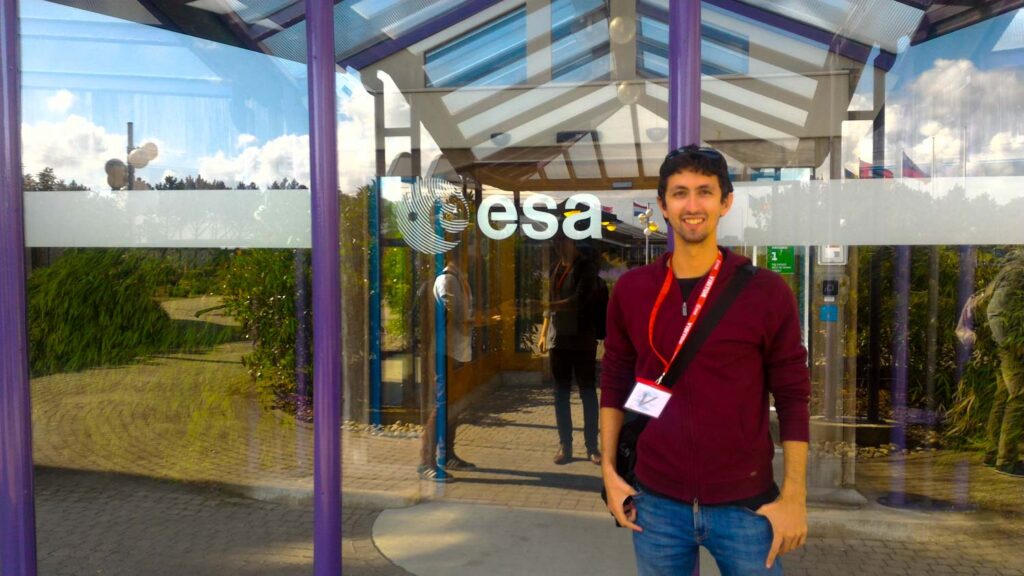
You worked for GALILEO in Germany for some years. Could you briefly explain what GALILEO is?
GALILEO is a civilian Global Navigation Satellite System (GNSS) by the EU through ESA (European Space Agency). It provides high-precision global positioning services (GPS). Thanks to GALILEO, the EU is independent from the US GPS and Russian GLONASS (Global Navigation Satellite System). It’s more precise than the US GPS, because it provides positioning within one meter. It also supports the Support and Rescue function.
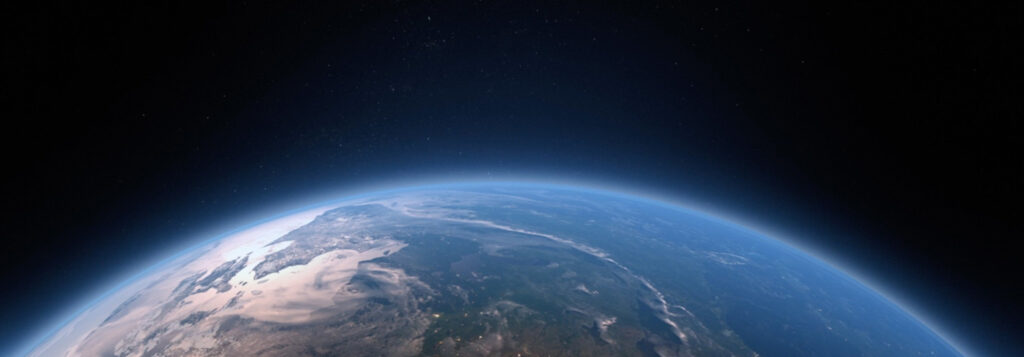
How do travelers in Europe use GALILEO, maybe without even knowing?
Everyone uses GPS already, it’s quite precise worldwide. In Europe, the new devices are able to take the GALILEO signal. When we discover cities and don’t get lost because we use GPS on the phone, it’s thanks to satellite technology. When we check our current location on the screens in fast trains for example, this data is retrieved from satellites. We already use it in many ways.
How can we better use GPS to enrich our travel experience?
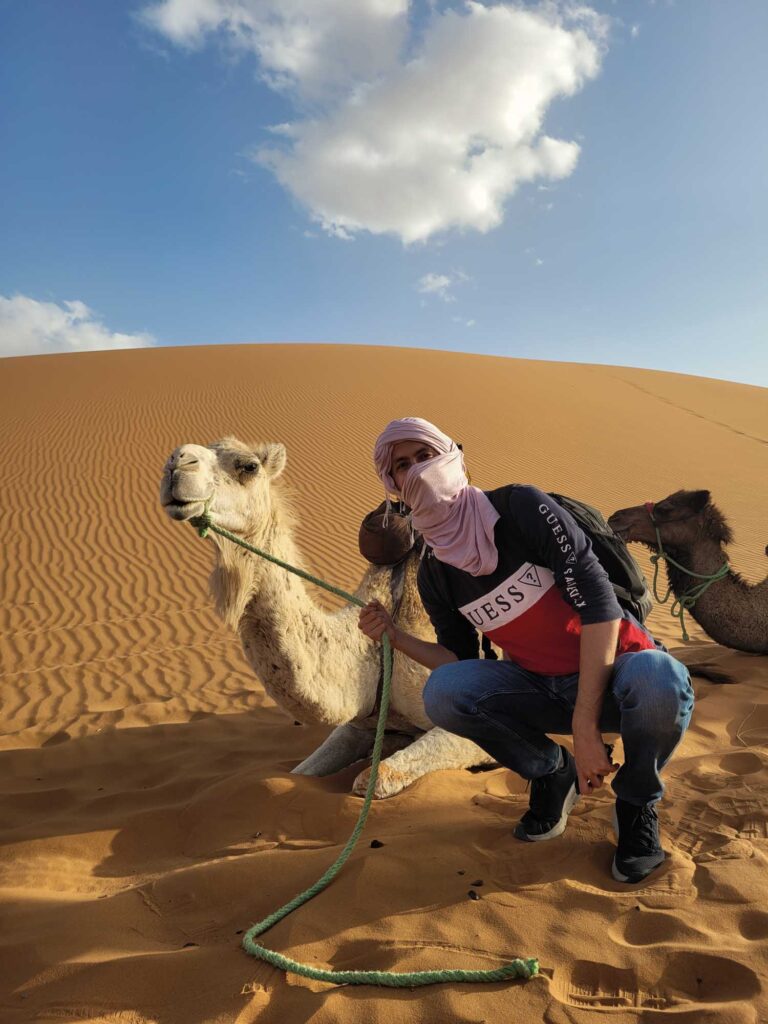
There are many location-based applications on our smartphones, which help travelling. The most widely used app is maybe Google Maps. For example for hiking, you can use apps like Outdooractive to choose itineraries and navigate through the mountains. At night, Sky Maps helps detect the constellation of stars. For food explorations, The Fork is widely used in Italy to find, book and get discounts in restaurants. Parking apps like MooneyGo in Rome, Italy or HandyParken in Munich, Germany make life easier for drivers. And if you don’t have a car, you can find shared cars on ShareNow (in many countries) and Enjoy (only in Italy) or find a taxi on Uber, Grab or Blablacar.
How do you see the future of satellite navigation technology and travelling?
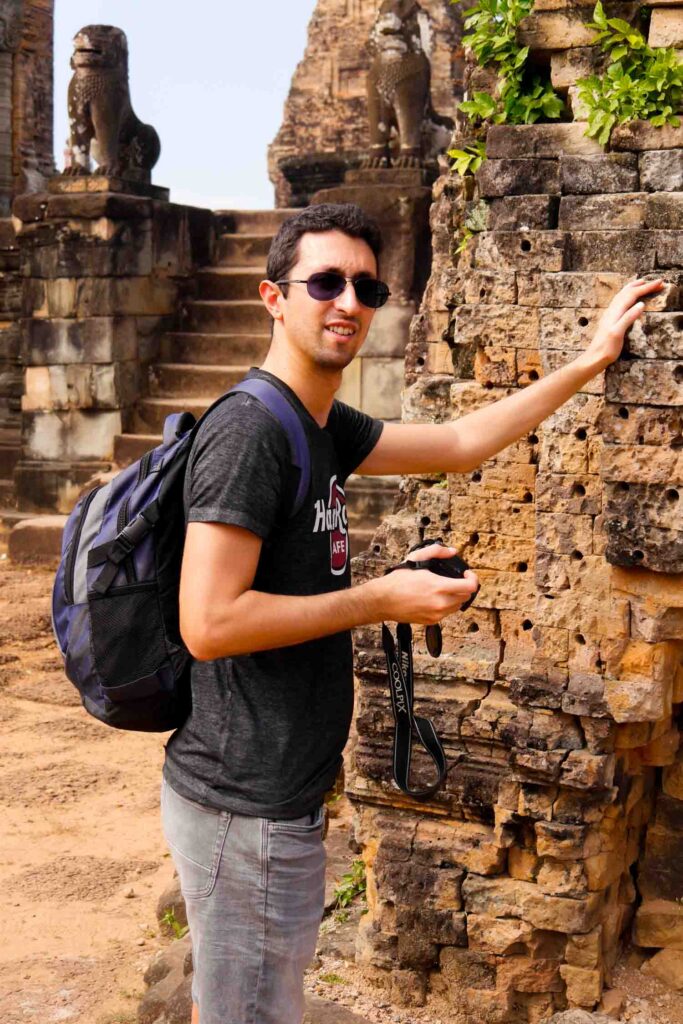
Satellite navigation technology is already quite well developed and advanced. It has made travelling much safer and easier compared to the past when we had to use paper maps.
On the other hand of course, we’ve all become less social because we don’t need other people anymore to find our way. And in some way, we also risk our freedom. Because when we orient ourselves on Maps, we don’t only receive data. We also send data about our location, which is available out there. So, it depends how the political and economic entities and other actors decide to use this technology.
What’s your biggest travel dream?

I would love to travel to space as an astronaut and see the Earth from above. A mission to Moon and Mars would be the ultimate project eventually.
Of course, it’s a dream. Therefore, at the moment I would be really happy to visit as many countries and places as possible of this planet. So far, I reached 47 countries.
Thanks for the interview, Stefano!
Stefano got a YouTube channel where he shares his travel impressions, it’s called StefMen: click here to watch and follow him!
You’ll find more inspiring individuals and insights under People & Perspectives. Let me know your ideas in the comments who to feature here next!
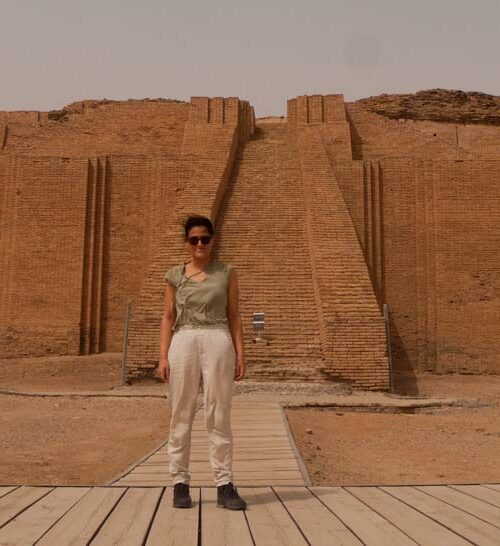
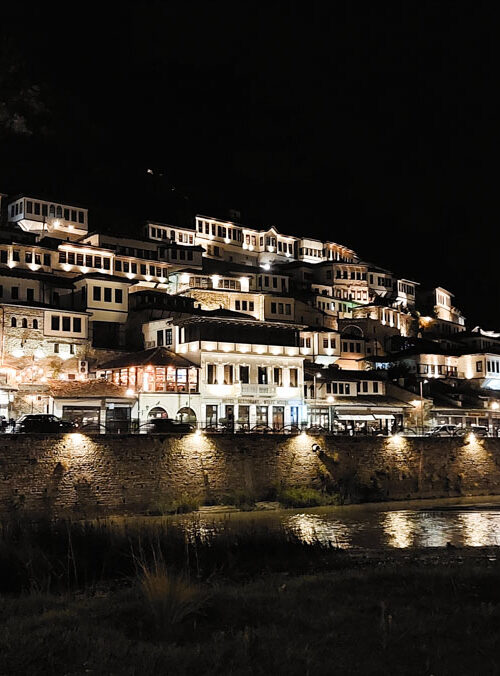


Leave a Reply